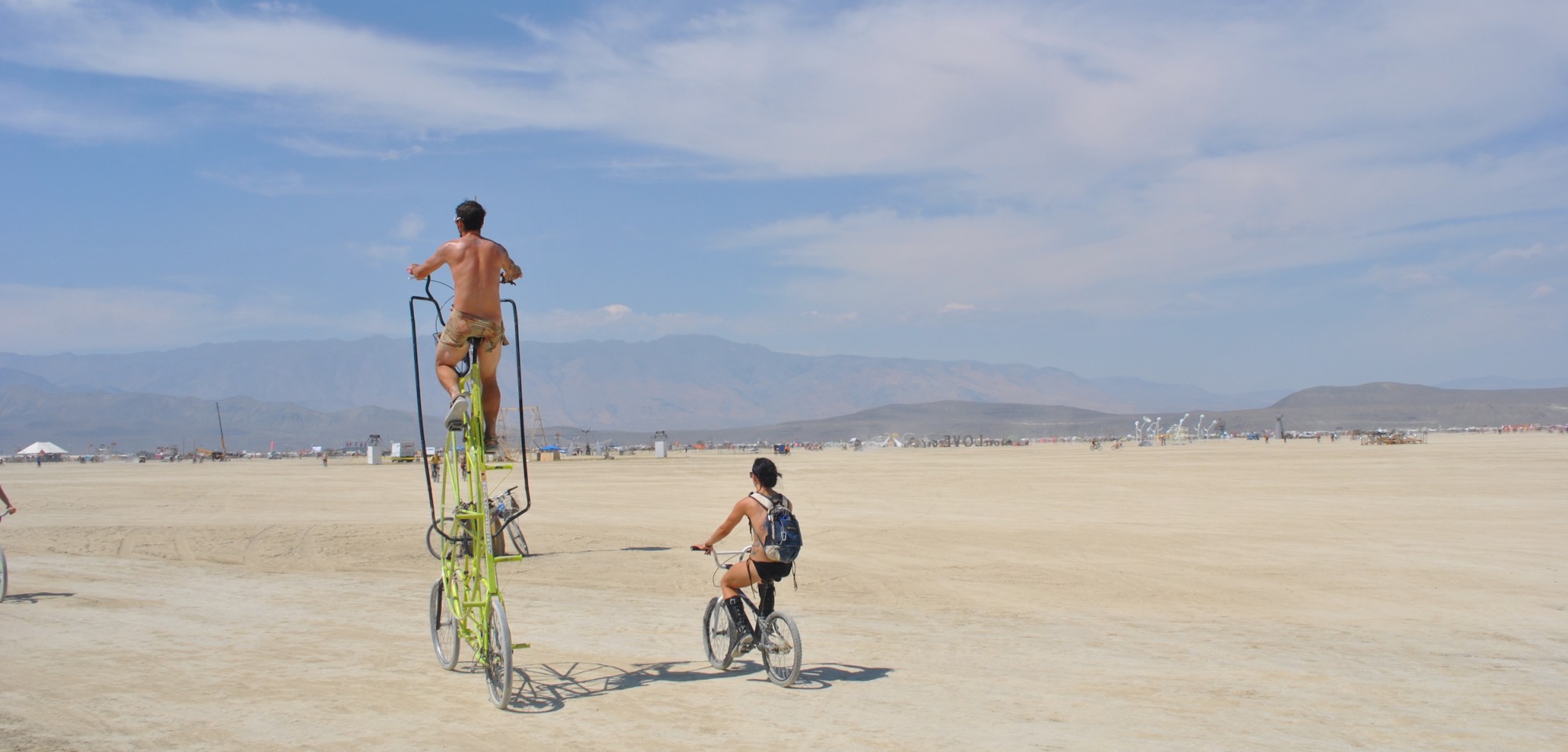The tech news story of the last few months has been WeWork. A private company with a meteoric rise to an almost $50 billion valuation is about to go to an IPO, but the questionable math spooks investors, the IPO goes bust, the company is written down by ~$40 billion and the CEO is kicked out.
I don’t know if it’s really a “tech” story or a “startup” story — because on both elements it’s not clear if WeWork is “tech” or a “startup” — but it is a story that has gotten people’s attention.
When I read about WeWork, there are lots of analogies that come to mind. One is Icarus — the story from Greek mythology where he flies too close to the sun and dies.
The speed at which WeWork went from the “best startup,” or “fastest growing,” or “top private company” to an example of everything that could go wrong at company was extremely rapid. So what does that mean?
Well, it suggests that the line between the “best startup” or “fastest growing company” and one plagued by questionable self-dealing, questionable economics, and lack of accountability is very narrow.
So there is WeWork, and then recently we have seen the sagas of Uber, Theranos, and Zenefits, among others. Each had been hailed as an amazing company, with extreme growth, and then later on was revealed to have major ethical violations, or fraud, and the CEOs get kicked out. Now, the result of each company after their big issues varied, but the tide turns fast.
And so what I wonder is — is this pattern of behavior: one where the top growing companies are likely to experience poor ethics, lack of oversight, possible fraud and all-around questionable behavior a bug or a feature?
Unfortunately, it looks like it’s a feature, not a bug.
They probably could have all grown more slowly, or taken some time along the way to clean up their act before it erupted, but that is not the way things work, and really no one was incentivized to do that. It’s just a funny thing to me that people act surprised and can change the tune so quickly from “this is amazing!” to “this is horrible!”
So each has it’s Icarus story: Elizabeth Holmes, Travis Kalanick, and Adam Neumann — a leader flying high who gets too close to the sun and falls. In hindsight it’s easier to remove the aura of awe and spot the issues but really the pattern is all the same and it should be much easier to spot them while they are going up. But in the startup ecosystem case, the way that the investor money and influence plays into it is also important. While a company is going up, people love it and it can do no wrong; and only when the tide turns do people try to distance themselves.
The analogy here is that the CEOs of some of these “disgraced” companies are like Icarus, but the investors are right there telling them to go bring back the sun.
